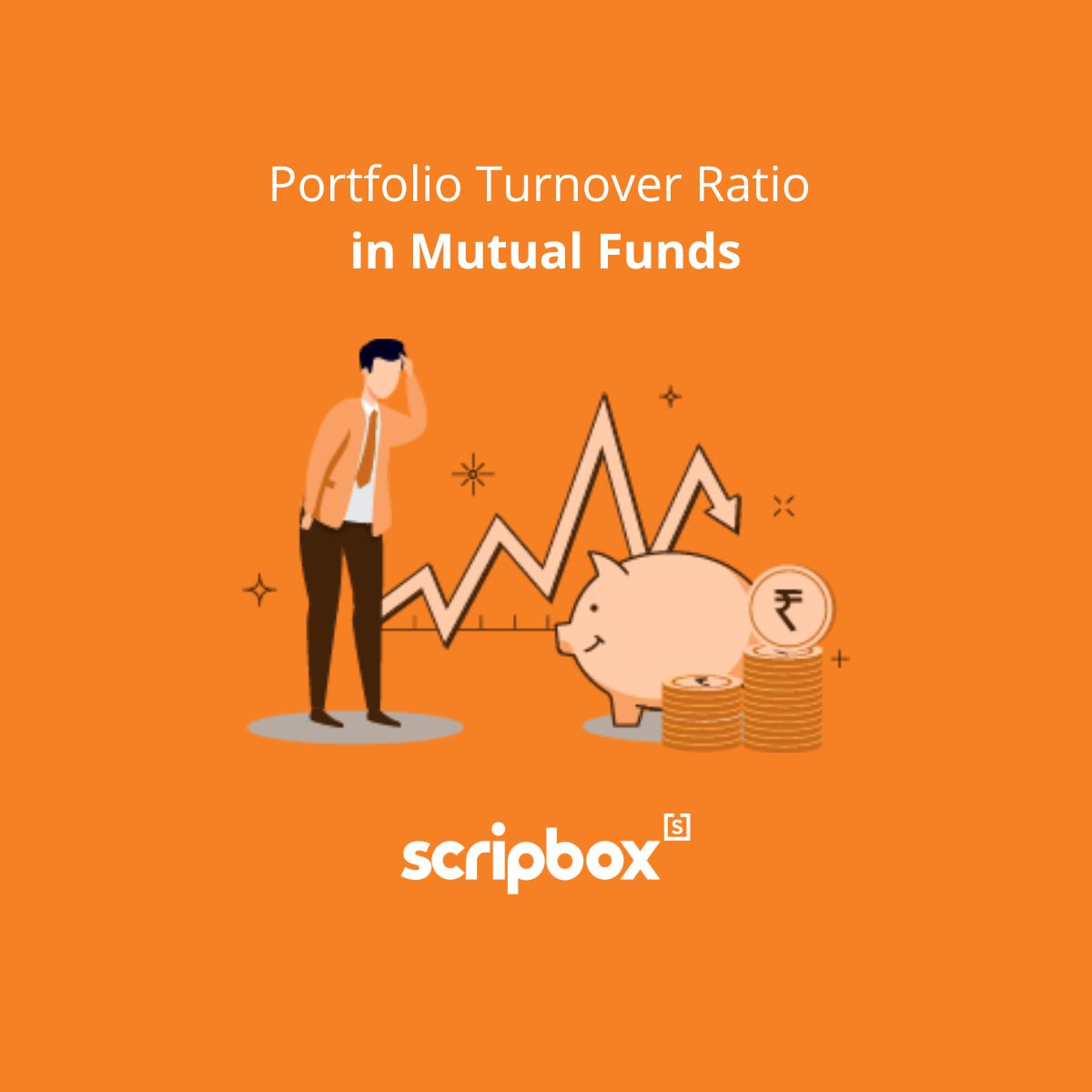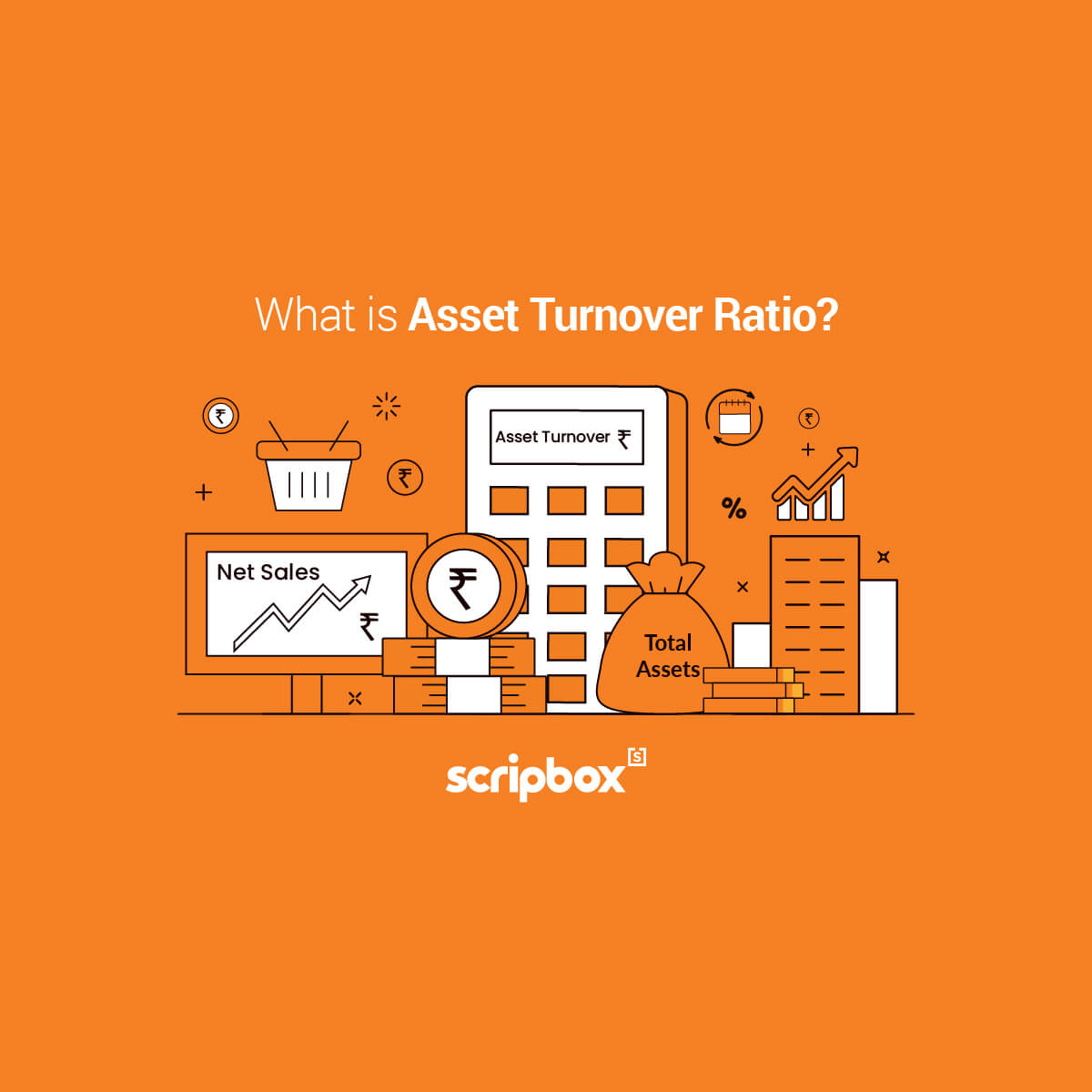
Equity vs Debt vs Hybrid Mutual Funds: Key Differences
Mutual funds are a pool of money collected from several investors for a common investment goal. They are broadly also categorised as equity funds, debt funds and hybrid funds. Each type of mutual fund has a different investment objective and...

How to Check Mutual Fund Overlap: Portfolio Overlap Guide
Meaning of Mutual Fund Portfolio A mutual fund is an investment vehicle that pools money from investors and invests in purchasing assets like equity, bonds, government securities and other securities. The mutual fund portfolio is designed to match its investment...

What is R Squared in Mutual Fund? Formula & Meaning Explained
What is R Squared? R-Squared measures the extent of variation in the dependent variable due to the independent variable. In other words, it tells how much a variable's performance can be due to the behaviour of another variable. The value...

What is Treynor Ratio in Mutual Funds? How to Calculate & Formula
What is Treynor Ratio in Mutual Funds? The Treynor ratio is an essential ratio for evaluating mutual funds. It measures the excess return over the risk-free return to the market risk that an investment portfolio can earn. In other words,...

What is Return on Capital Employed (ROCE) & How to Calculate It
Companies use different financial tools to help them understand their progress and calculate their profit or losses. Also, such tools help investors decide if a company is good to invest in. Accounting ratios are one of the financial ratios that...
Practical Insights For Wealth Creation
Our weekly finance newsletter with insights you can use
Your privacy is important to us

What is Portfolio Turnover Ratio & How to Calculate It?
What is Portfolio Turnover Ratio? The Portfolio Turnover Ratio or PTR indicates the rate at which the fund managers buy or sell portfolio holdings of a mutual fund. In other words, the portfolio turnover ratio shows the percentage change of...

What is Asset Turnover Ratio? Formula, Total Asset Turnover
There are different types of financial ratios available to compare the company’s performance and track the overall financial health of the company. These accounting ratios are important for analysing the financial statements and comparing them with competitors. One such ratio...

SIP vs STP | Difference Between SIP and STP
Investing in mutual funds through the Systematic Investment Plan SIP has become quite popular in the past few years. However, other than SIP, some methods serve the purpose of investing and withdrawing systematically. Therefore, one can use the Systematic Transfer...









